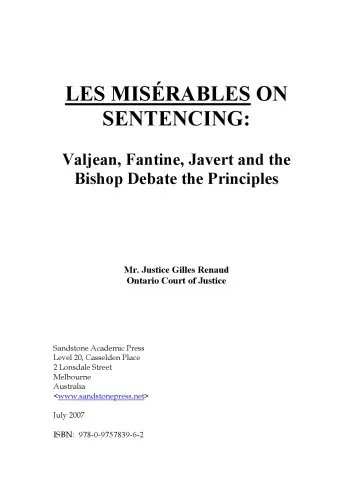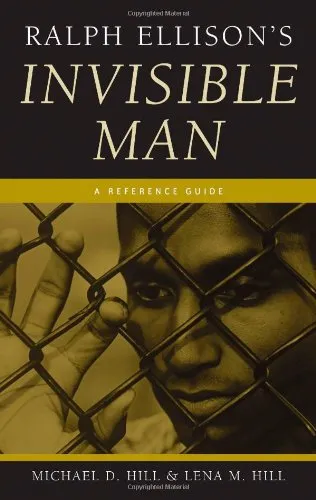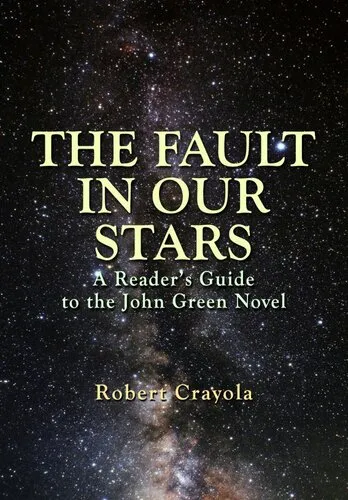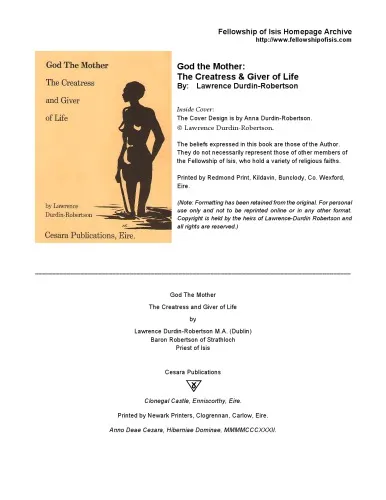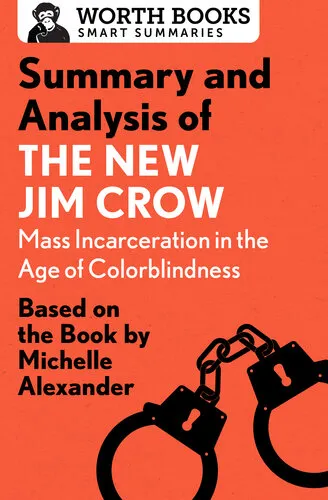Les Misérables on sentencing : Valjean, Fantine, Javert and the Bishop debate the principles
3.0
Reviews from our users

You Can Ask your questions from this book's AI after Login
Each download or ask from book AI costs 2 points. To earn more free points, please visit the Points Guide Page and complete some valuable actions.Related Refrences:
Persian Summary
Welcome to the world of 'Les Misérables on Sentencing: Valjean, Fantine, Javert and the Bishop Debate the Principles', a book that reimagines Victor Hugo's timeless characters as they engage in a profound discourse on the complexities of justice, morality, and societal norms. With the artful interplay of these iconic figures, the narrative delves into core human rights issues, individual redemption, and the implementation of justice, all of which resonate with today's legal and ethical landscapes.
Detailed Summary of the Book
This book takes a unique approach by reintroducing readers to Jean Valjean, Fantine, Inspector Javert, and the benevolent Bishop, not just as characters in a story, but as articulate voices in a critical debate. Their conversations explore contemporary sentencing principles through the events and characters of 'Les Misérables', offering a ground-breaking perspective.
Jean Valjean, with his poignant past and extraordinary journey toward redemption, becomes a spokesperson for rehabilitation and the potential for human change. His dialogue with Javert, the steadfast law enforcer who embodies the harsh realities of strict legal justice, brings forth an intense discussion about the limitations and obligations of sentencing laws.
Fantine, serving as the voice of the disenfranchised and marginalized, highlights the socio-economic factors that influence justice systems, while the Bishop's compassionate ideology underpins the narrative, promoting reconciling justice with mercy and empathy. Through their debates, the book challenges traditional notions of crime and punishment, arguing for a more humane and rehabilitative approach to sentencing.
Key Takeaways
- Exploration of justice through a multifaceted character lens.
- Discussion of rehabilitation versus retribution in sentencing.
- Analysis of socio-economic impacts on judicial processes.
- Promotion of empathy and mercy within legal frameworks.
Famous Quotes from the Book
- "To judge a person can be as binding as to bind a person's fate; both acts demand reflection and wisdom."
- "The law, unswayed, holds blind justice. Yet, humanity knows empathy should never come blind."
- "Redemption begins not at the end of one's sentence but at the realization of one's fault."
- "In a world ravenous for justice, mercy can often be its greatest advocate."
Why This Book Matters
This book holds relevance in today's global dialogue on criminal justice reform. By weaving a narrative around familiar literary characters, it creates an accessible platform for complex discussions on sentencing. It enlightens readers about the moral and ethical considerations of justice that transcend time and culture, highlighting the need for compassionate and equitable treatment within the legal system.
Reading 'Les Misérables on Sentencing' is not merely an exploration of Hugo's world through a new lens but also a call to action for readers to reconsider and reconstruct their views on justice, empathy, and rehabilitation. It’s a significant contribution to contemporary legal discourse, providing readers, legal professionals, and policymakers fresh insights into the human condition as intricately tied to justice systems worldwide.
Free Direct Download
You Can Download this book after Login
Accessing books through legal platforms and public libraries not only supports the rights of authors and publishers but also contributes to the sustainability of reading culture. Before downloading, please take a moment to consider these options.
Find this book on other platforms:
WorldCat helps you find books in libraries worldwide.
See ratings, reviews, and discussions on Goodreads.
Find and buy rare or used books on AbeBooks.
1506
بازدید3.0
امتیاز0
نظر98%
رضایتReviews:
3.0
Based on 0 users review
Questions & Answers
Ask questions about this book or help others by answering
No questions yet. Be the first to ask!
